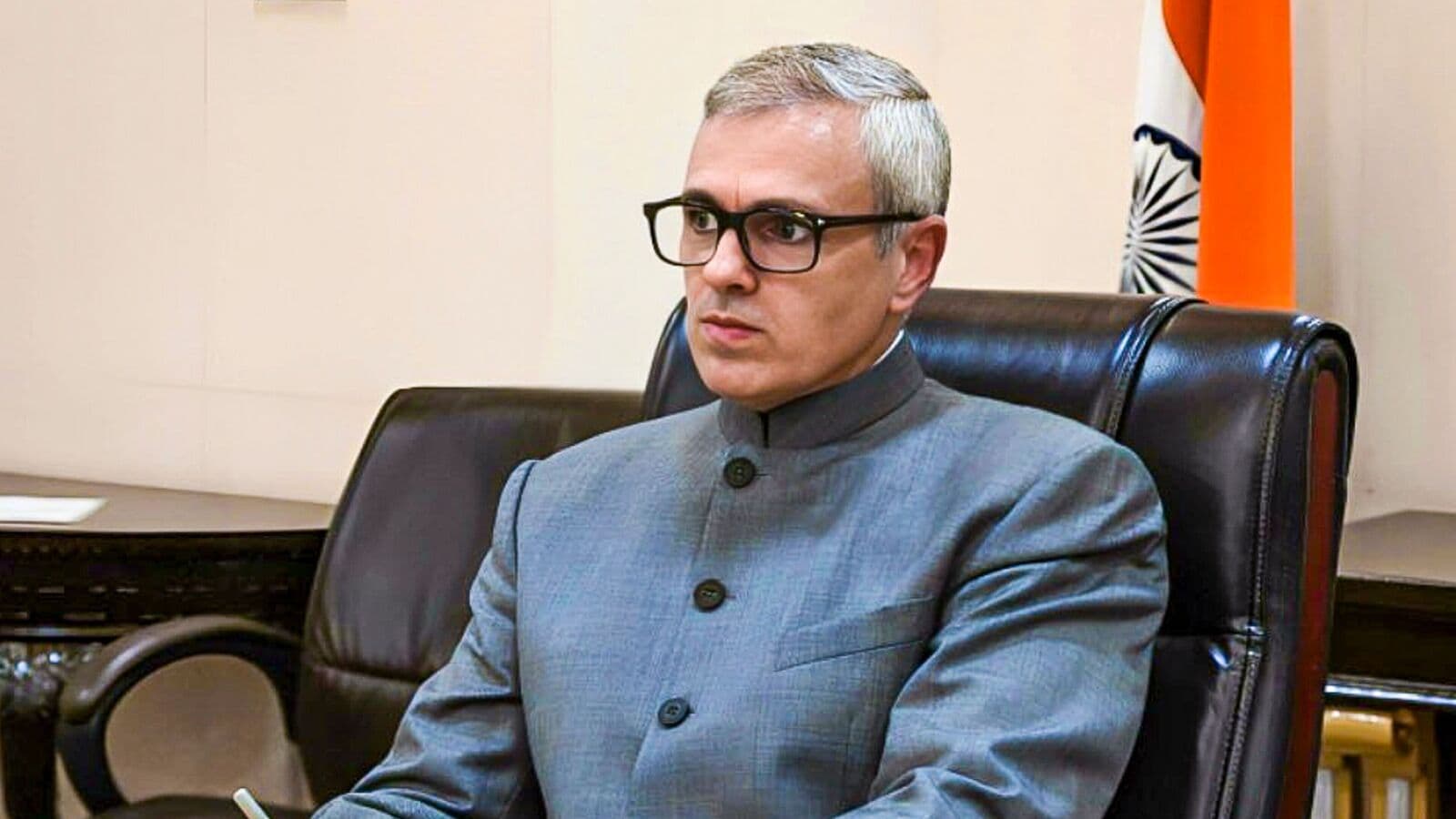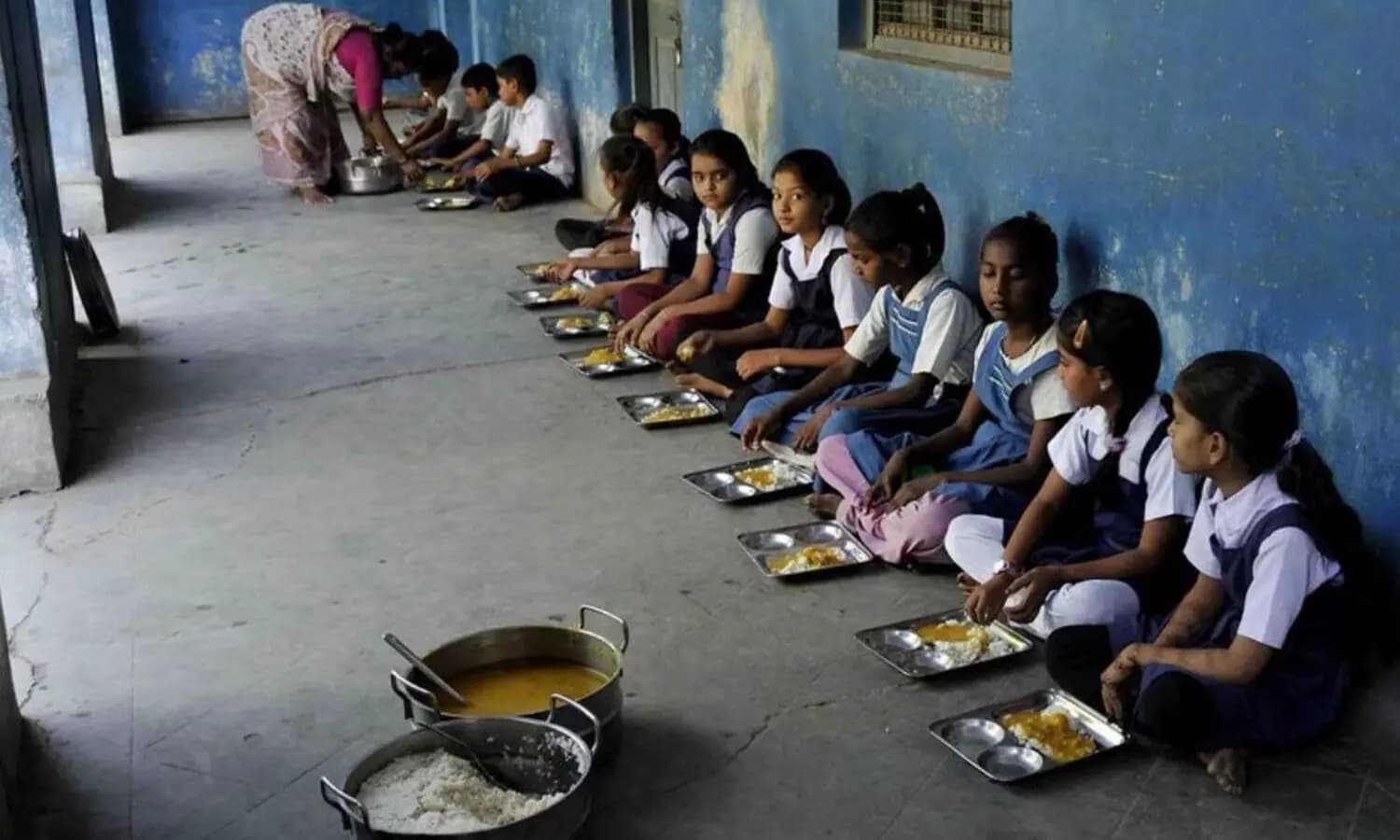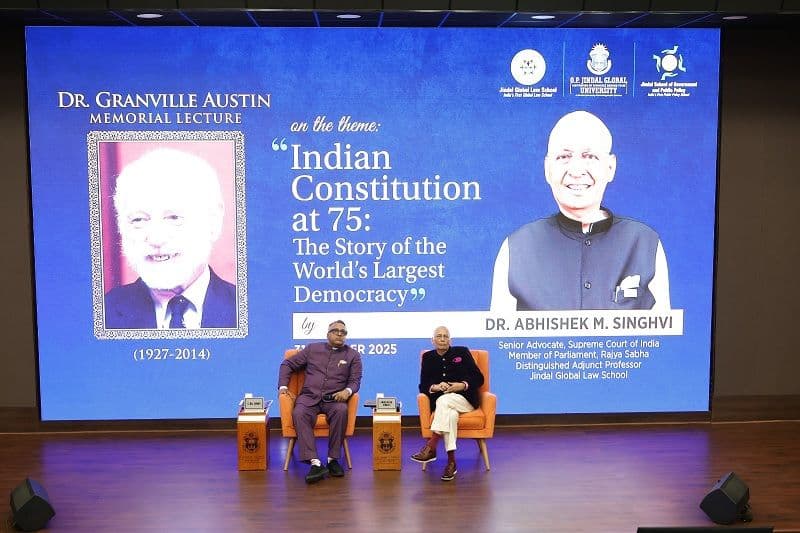Firework manufacturers and regulatory bodies like India’s PESO are tackling frequent blasts in India’s firework industry through strict rules. To prevent loss of life and property from hazardous explosions. Ongoing issue, with tightened enforcement in 2024–2025.
In This Article:
Sivakasi’s Deadly Blasts
Sivakasi, producing 90% of India’s fireworks, faces recurring tragedies. In 2024, over 40 workers died in explosions, including a May 9 incident killing nine and a June 29 blast claiming 21 lives. These accidents, often in illegal or poorly regulated units, highlight lax safety compliance. India’s firework industry, valued at ₹10,000 crore, employs over 5 lakh workers, but violations of safety norms remain rampant, causing 1,112 deaths from 2010–2023.
Regulatory Framework by PESO
The Petroleum and Explosives Safety Organisation (PESO) enforces the Explosives Act, 1884, and Explosives Rules, 2008, mandating licenses for manufacturing, storage, and transport of fireworks. Units must maintain a 15-meter safety distance, use non-sparking tools, and limit explosive storage to 500 kg per shed. Workers require training, and factories need fire-resistant structures. Violations, like overcrowding or illegal operations, lead to license cancellations and fines up to ₹3 lakh or three years’ imprisonment.
Enforcement Challenges
Despite regulations, enforcement lags. A 2024 PESO crackdown sealed 50 illegal units in Sivakasi, yet 1,028 of 1,100 factories faced notices for violations. Overstocking (e.g., 5,000 kg vs. 500 kg limits) and untrained workers exacerbate risks. Post-June 2024 blasts, Tamil Nadu’s government issued safety SOPs, mandating CCTV, fire extinguishers, and daily inspections. However, 70% of accidents stem from unlicensed units evading oversight.
Path to Safer Future
Recent measures include PESO’s digital licensing portal and Tamil Nadu’s 2025 safety audits targeting 100% compliance. Training programs for 10,000 workers annually and incentives for mechanization aim to reduce human error. With Diwali demand peaking, stricter enforcement and public awareness are critical to curbing blasts and ensuring worker safety.
-By Manoj H




